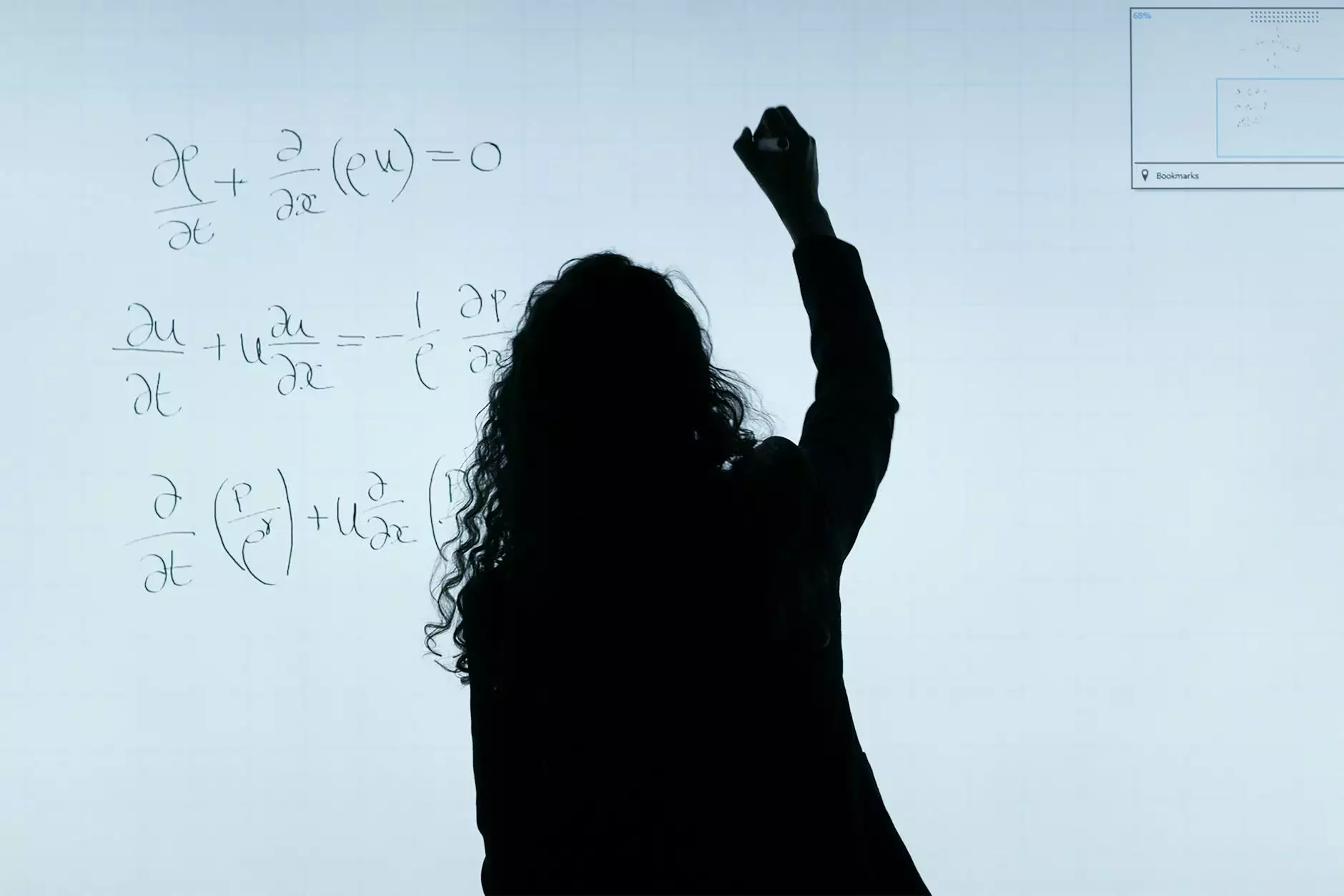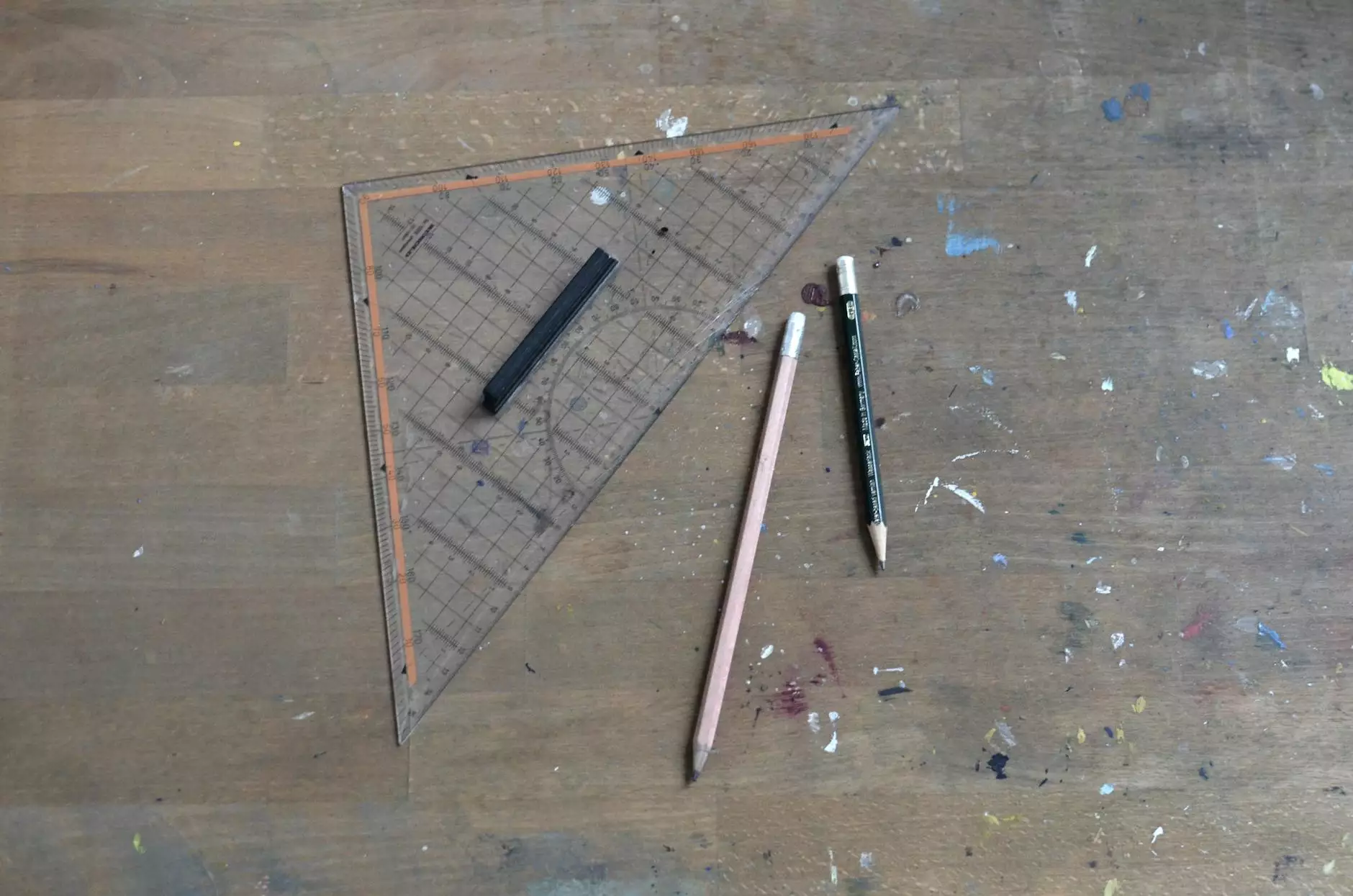Math - Toddler (18 mo - 3 yr) - Grade - Teacher Resources

Introduction
Welcome to the Math section of The Knowledge Nest! Here, you'll find an extensive range of resources specifically designed to support the early math development of toddlers aged 18 months to 3 years. Our goal is to provide educators with engaging activities, lesson plans, and strategies that foster the foundation of numeracy skills in young learners.
Why Math Matters for Toddlers
Mathematics is not just for older children or adults, but it also plays a crucial role in a toddler's development. Early exposure to math concepts can help toddlers develop problem-solving skills, logical thinking abilities, and a strong foundation for future math learning. Moreover, math activities for toddlers can be exciting and fun, encouraging a positive attitude towards the subject from an early age.
Exploring Math Concepts
Our Math resources for toddlers cover a wide range of essential concepts. Through hands-on activities, interactive games, and creative play, children can begin to understand:
1. Counting and Number Recognition
Introduce toddlers to numbers through counting exercises and number recognition games. From identifying numbers in their environment to counting objects, these activities help develop early numeracy skills.
2. Shapes and Spatial Awareness
Engage toddlers in shape exploration by providing them with opportunities to identify and manipulate different shapes. A solid understanding of shapes lays the foundation for recognizing patterns and understanding spatial relationships.
3. Measurement and Comparison
Introduce the concept of measurement to toddlers through hands-on experiences. Compare the length of objects, explore volume and capacity, and discuss concepts like big and small, long and short.
4. Sorting and Categorization
Help toddlers develop classification skills by engaging them in sorting and categorization activities. Sorting objects by size, color, or other attributes fosters critical thinking and problem-solving abilities.
5. Patterns and Sequencing
Exposing toddlers to patterns and sequencing enhances their ability to recognize and predict visual and auditory patterns. Use simple patterns and encourage children to continue and create their own sequences.
6. Basic Operations
While toddlers may not yet be ready for complex math operations, introducing them to basic concepts like addition and subtraction in a playful manner can lay the groundwork for future mathematical understanding.
Resources for Teachers
As a teacher, you play a vital role in guiding toddlers through their early math journey. At The Knowledge Nest, we offer a variety of resources to support you:
1. Lesson Plans
Access comprehensive and age-appropriate lesson plans that align with the developmental needs of toddlers. Each lesson plan includes learning objectives, suggested activities, and assessment strategies.
2. Printables and Worksheets
Download and print math-related worksheets, coloring pages, and other visual aids to supplement your teaching materials. These resources provide additional practice and reinforcement of math concepts.
3. Interactive Games
Engage your toddlers with interactive math games designed to make learning enjoyable and meaningful. From digital activities to physical manipulatives, these games offer hands-on learning experiences.
4. Recommended Books
Discover a curated collection of age-appropriate math books for toddlers. These books not only promote early math skills but also enhance language development and critical thinking abilities.
Fostering a Love for Math
At The Knowledge Nest, we believe in nurturing a positive attitude towards math from an early age. Here are some strategies to foster a love for math in toddlers:
1. Make it Playful
Incorporate math into everyday play by using toys, puzzles, and games that involve counting, sorting, and problem-solving. The more enjoyable the experience, the more engaged toddlers will be.
2. Real-Life Connections
Show toddlers how math is relevant to their daily lives. Incorporate math discussions during mealtime, bath time, or outdoor play to highlight concepts like counting, measuring, and comparing.
3. Use Visual Aids
Utilize visual aids such as number charts, shape posters, and measuring tools to reinforce learning. Visual representation helps toddlers understand abstract concepts in a concrete and relatable way.
Achieving Early Math Milestones
Every child develops at their own pace, but there are certain milestones to track when it comes to early math skills. Here are some indicators of progress:
1. Ability to Count
Toddlers should demonstrate the ability to count verbally and understand the concept of 1-to-1 correspondence, associating each number with a single object.
2. Number Recognition
Toddlers should begin recognizing and identifying numbers from 1 to 10, gradually extending their number recognition abilities.
3. Shape Identification
Toddlers should be able to identify basic shapes such as circles, squares, triangles, and rectangles, both in pictures and the environment.
4. Basic Problem-Solving
Toddlers should display problem-solving behaviors like trial and error, experimentation, and logical thinking to solve simple math-related challenges.
5. Conceptual Understanding
Toddlers should be able to grasp basic mathematical concepts such as size, length, comparisons, and patterns through hands-on experiences and exploration.
Conclusion
Math is an exciting journey filled with endless possibilities for toddlers. By providing them with a solid foundation in math concepts, you are setting them up for success in their academic and future endeavors. Explore the wide range of resources available at The Knowledge Nest to support your teaching and make math a joyful experience for your little learners.
© 2022 The Knowledge Nest | Community and Society - Teacher Resources




